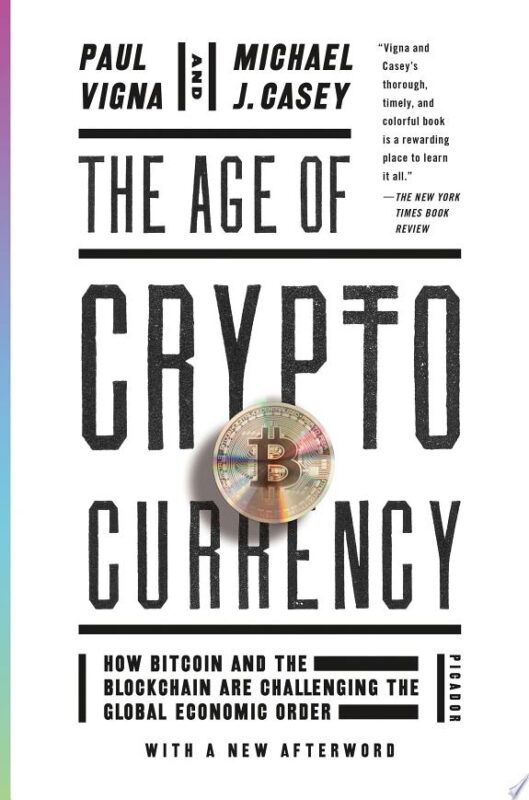Can Only Non-Lawyers Commit the Crime of the “Unauthorized Practice of Law”?
Michael Sean Quinn*(See below)
1) “L,” a fake-lawyer named “Kim” did estate planning work for 10 years and had a good reputation among other lawyers and clients alike. She even served as president of the county bar. Unfortunately, if the Pa. AG has it right, Kim had not been to law school; she had not so much as taken the bar (hence, it must be granted that she did not fail it); and she forged her law licence. She has been charged with unauthorized practice of law.
2) I said earlier that UPL is not a very serious crime, as crimes go. Maybe I was being overly general. In Corpus Christi there was a PI firm belonging to William Bonilla. It was a money-making outfit but neither Daddy William nor his son David were well regarded.
David got into some real trouble several years ago. Some of the story is roughly this.
David was convicted of rather more serious stuff, $500,000 theft from 37 clients, but given 10 years probation, to be sure, a light sentence, but then he had repaid the money and was out of the profession. Dad turned in his license to avoid being disciplined for his son’s “sins. Two of the conditions on David’s probation were that, (1) while he could work in a law firm, he could not practice law, and (2) no drinking. (#(1) obviously is the crime of Unauthorized Practice of Law (UPL).) [Does anything about this tend to suggest that there might have been a drinking problem or two in his family?]
David had a son, Clay. Clay worked in William’s firm. After William, the Dad and Granddad, turned in his license, Clay took over the first, so–I guess–David was working for his son Clay, while he was UPL-ing it.*
Eventually there was a probation revocation hearing (I think that’s what it must have been, from the stand, David confessed to violating both conditions. Off to the slammer for hardly poor Davey Dad. That was in August 2014. In January 2015, poor David asked that he be placed back on probation–“shock probation”–instead of being kept in prison since going to prison had “shocked him beyond description.”
In other words, David is asking to be returned to probation since he found prison life so surprising and unpleasant. There are pic of Davey weeping on the stand when describing his shock.
In a sense, David’s UPL violation, though not actually the criminal charge sent him to prison, if only for a few months.
*David’s lack of a good nature seems to knew few limits. In Texas, as in many other states, if the head of a firm should have been aware of the professional misconduct of one of the employees of the firm, e.g., a lawyer or a paralegal, then the head of the firm can have disciplinary problems. Thus, if Andrew, the managing partner, knows that Zebressa, an associate, is violating the law governing lawyers, and Andrew does nothing about it, Andrew can be hauled up, just as Zebressa can. But this is what David did to his Dad, who had to end his granted undistinguished career and who might have deserved it anyway, he did also to his son.
On thing is sure. Celis made oodles of money. He was regarded as a principal contributor to local policies and to Catholic charities. (This last one raises an interesting philosophical/theological question. If a charity knows that a contributor has acquired his contribution by immoral means, is the charity obligated to refuse the gift? Or give it to the poor once it is discovered? What about if it is only illegal and not really very immoral?)
The matter resurfaced again last year. The well known Northwestern University, located in Evanston, just outside Chicago, has a well known lawschool, and it offers a Master’s Degree in Legal Letters (LLM). It is mainly for foreigners who want to know something about U.S. law, e.g., because they are in the general counsel’s office of Nigerian Natural Gas and Electric (a fiction entity) and need to know about some of the twists and turns in U.S. commercial law or some of American O & G insurance law.






Recent Comments